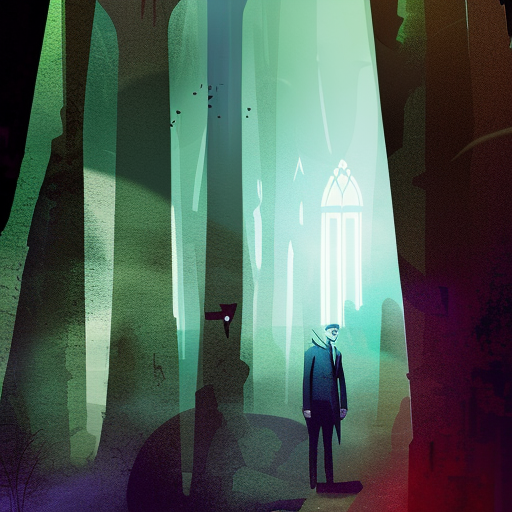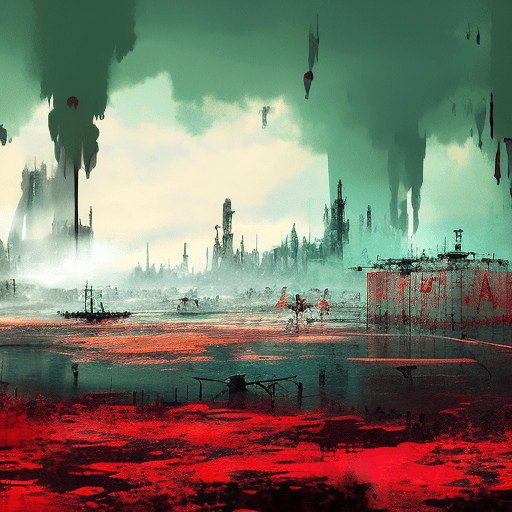Summary:
In Franz Kafka’s The Castle, protagonist K. arrives in a small village with the intention of working as a land surveyor, only to find himself entangled in a bureaucratic nightmare as he tries to gain access to the mysterious Castle. As K. navigates the convoluted rules and regulations of the village, he becomes increasingly frustrated and disillusioned, ultimately questioning the nature of authority and the meaning of life itself.
The Elusive Castle
K.’s primary objective throughout the novel is to gain access to the Castle, a symbol of power and authority. However, despite his persistent efforts, he is constantly thwarted by the villagers and the Castle’s officials. The Castle remains an enigma, always just out of reach, and K.’s futile attempts to understand and interact with it mirror the inherent absurdity and frustration of the human condition.
The Absurdity of Bureaucracy
One of the central themes in The Castle is the absurdity of bureaucracy. K. finds himself caught in a web of rules, regulations, and red tape, with no clear path to achieving his goal. The villagers, who act as intermediaries between K. and the Castle, are often unhelpful and contradictory in their instructions, further exacerbating his sense of confusion and powerlessness. Kafka uses this portrayal of bureaucracy to critique the dehumanizing effects of institutional power and the arbitrary nature of authority.
The Search for Meaning
As K. becomes increasingly frustrated with his futile attempts to access the Castle, he begins to question the purpose and meaning of his existence. He grapples with feelings of insignificance and alienation, as he is constantly reminded of his outsider status in the village. K.’s search for meaning becomes intertwined with his desire to understand the Castle, as he seeks validation and a sense of purpose in his interactions with the enigmatic institution.
- Key Takeaways:
- The Castle represents an unattainable goal, symbolizing the inherent absurdity and frustration of the human condition.
- Kafka uses the portrayal of bureaucracy to critique the dehumanizing effects of institutional power and the arbitrary nature of authority.
- The novel explores themes of alienation, insignificance, and the search for meaning in a seemingly indifferent world.
“It is often safer to be in chains than to be free.”
In conclusion, Franz Kafka’s The Castle is a profound exploration of the human experience, delving into themes of bureaucracy, alienation, and the search for meaning. Through the character of K., Kafka invites readers to reflect on the absurdity of the human condition and the complexities of power and authority. The novel serves as a poignant reminder of the inherent challenges and existential dilemmas we face in our own lives.












